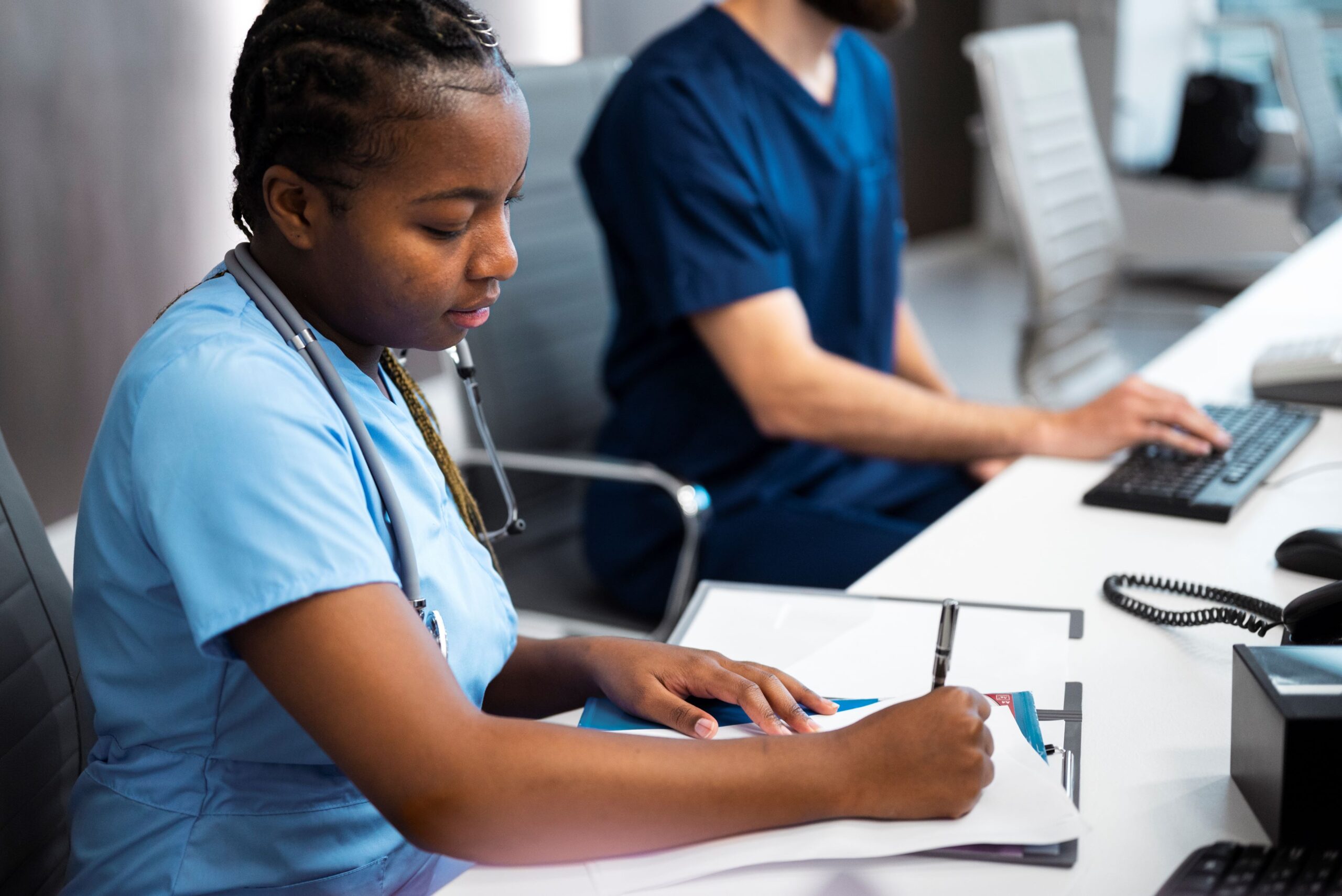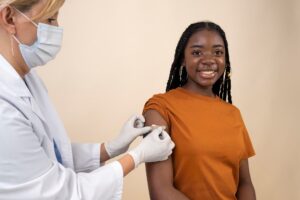
The Importance of Hands-On Training in Healthcare Education
In the field of healthcare, where precision, empathy, and quick decision-making can significantly impact patient outcomes, theoretical knowledge alone is not enough. Hands-on training is crucial to preparing students for the realities of working in a healthcare environment. By engaging in practical experience, students can bridge the gap between classroom learning and real-world application, ensuring they are fully equipped to meet the demands of their future roles.
Why Hands-On Training Matters
- Bridging Theory and Practice
- Healthcare education often begins with the study of essential theories, anatomy, medical terminology, and protocols. However, it is through hands-on training that students truly understand how to apply this knowledge in real-life scenarios. For example, learning about the circulatory system is vital, but actually drawing blood, monitoring vital signs, or administering injections brings that knowledge to life. Hands-on training allows students to practice and refine their skills, making them more confident and competent when they enter the workforce.
- Developing Technical Skills
- Technical proficiency is a cornerstone of effective healthcare delivery. Whether it’s performing a phlebotomy, preparing a patient for surgery, or conducting a basic health assessment, healthcare professionals must be adept at a wide range of procedures. Hands-on training provides students with the opportunity to master these skills in a controlled, supervised environment. By practicing on manikins, simulations, or under the guidance of experienced professionals, students can perfect their techniques and learn to handle the tools and equipment they will use daily.
- Building Confidence
- The transition from student to professional can be daunting, especially in a high-stakes field like healthcare. Hands-on training helps build the confidence necessary to perform under pressure. By regularly engaging in practical exercises, students become more comfortable with the procedures they will need to perform, making them less likely to hesitate or second-guess themselves in critical situations. This confidence translates into better patient care, as healthcare professionals who trust their abilities are more effective in their roles.
- Enhancing Problem-Solving Abilities
- Healthcare is unpredictable, and professionals often face situations that require quick thinking and adaptability. Hands-on training exposes students to a variety of scenarios, helping them develop the problem-solving skills needed to respond effectively. For instance, a simulation exercise might involve managing an unexpected patient reaction or dealing with equipment failure. These experiences teach students how to stay calm, assess the situation, and take appropriate action, which is essential for patient safety and care quality.
- Fostering Teamwork and Communication
- Healthcare is a collaborative field where effective communication and teamwork are vital. During hands-on training, students often work alongside their peers in simulated environments, learning to coordinate with others, communicate clearly, and work as part of a team. These experiences mirror the real-world dynamics of healthcare settings, where professionals must rely on each other to provide comprehensive patient care. Practicing these skills in training ensures that students are prepared to contribute to a team and communicate effectively with colleagues and patients alike.
Hands-On Learning Opportunities at Upsillon Consulting
At Upsillon Consulting Health Training School, we recognize the immense value of hands-on training in shaping competent, confident healthcare professionals. Our programs are designed to offer students numerous opportunities to apply what they’ve learned in the classroom to real-world scenarios.
- Clinical Internships: Our Nursing Assistant and Phlebotomy programs include clinical internships, where students work directly with patients under the supervision of experienced healthcare providers. These internships allow students to gain firsthand experience in a clinical setting, applying their skills and learning from professionals in the field.
- Lab Work: In our Laboratory Program, students spend significant time in fully equipped labs, practicing techniques such as specimen collection, analysis, and documentation. This hands-on lab work is crucial for developing the technical skills needed to excel in laboratory settings.
- Simulated Patient Care: Our Care-Giver Program includes simulated patient care exercises, where students interact with manikins and actors trained to mimic real patients. These simulations cover a wide range of scenarios, from routine care to emergency response, giving students the chance to practice and refine their caregiving skills in a safe environment.
- Massage & Skin Therapy Training: In partnership with Upscale Wellness, our Massage & Skin Therapy Program offers hands-on practice in massage techniques, facials, and skin treatments. Students gain practical experience by performing these services on real clients, ensuring they are fully prepared to enter the wellness industry.
Conclusion
Hands-on training is an indispensable component of healthcare education, providing students with the practical experience needed to excel in their careers. By engaging in real-world practice, students at Upsillon Consulting l not only enhance their technical skills but also build the confidence, problem-solving abilities, and teamwork skills that are essential for success in the healthcare field. Our commitment to hands-on learning ensures that our graduates are not only knowledgeable but also ready to make a meaningful impact in the lives of their patients from day one.



